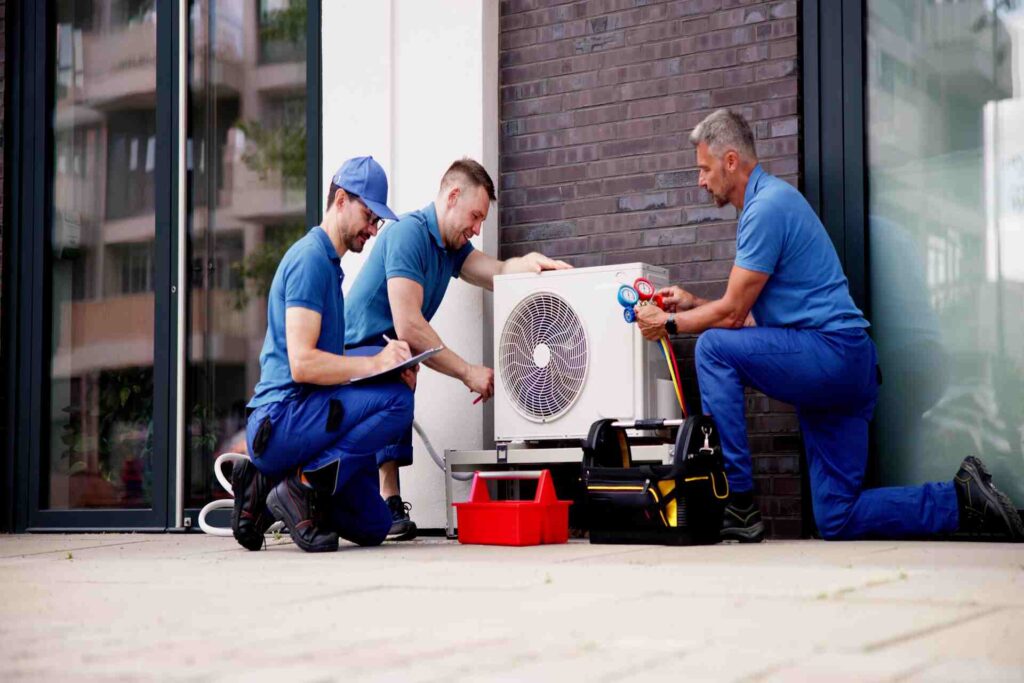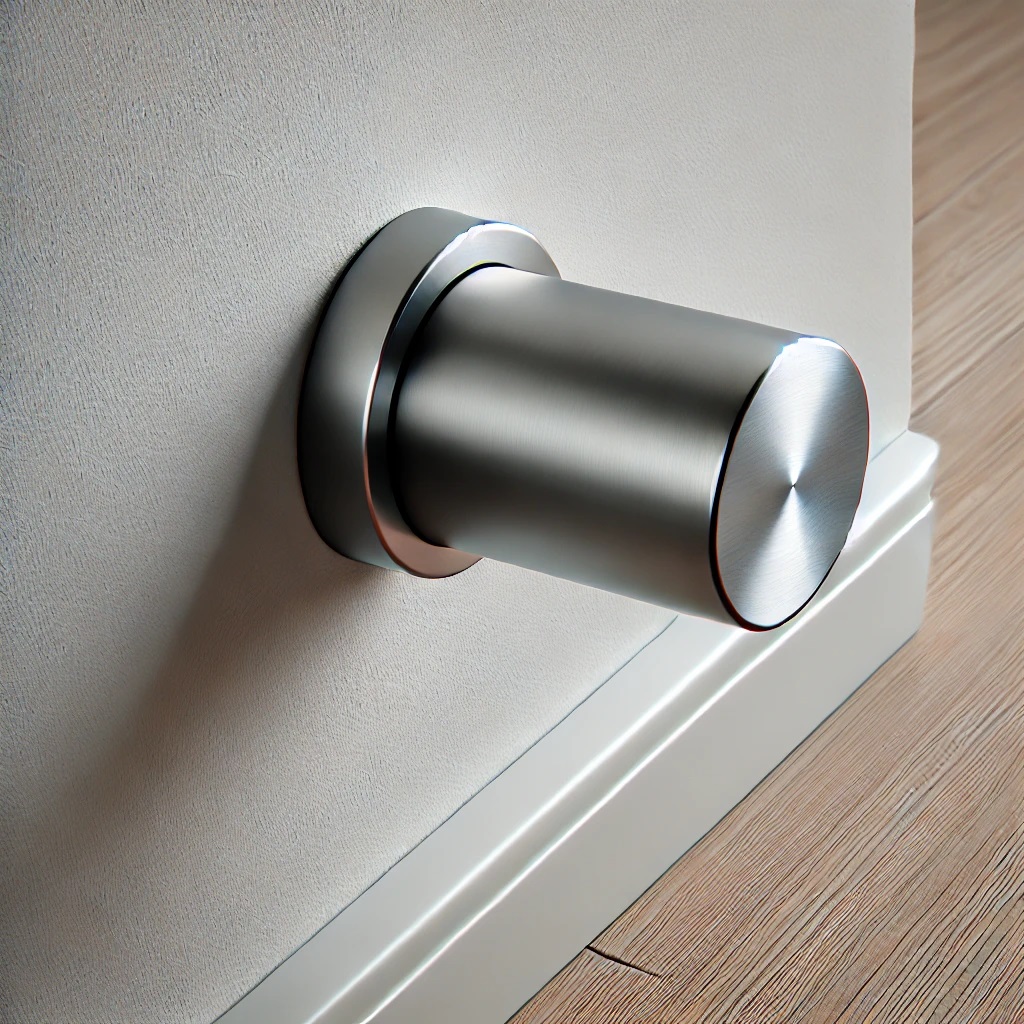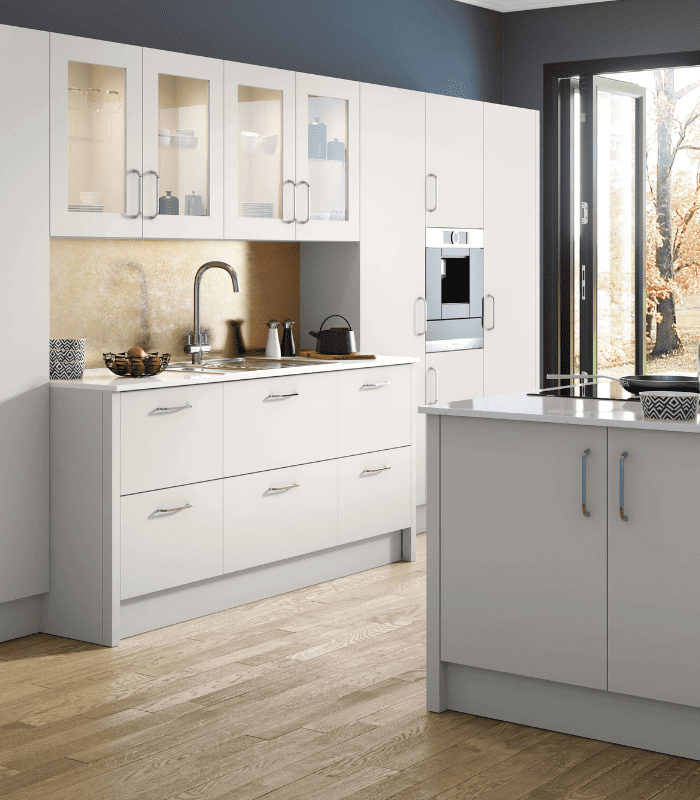When the weather outside gets extreme, your HVAC system is what ensures your home remains comfortable. But what exactly is HVAC, and how does it work? Whether you’re a first-time homeowner or just curious about your system, this guide will help you understand how HVAC systems operate and why they’re essential for your home.
What Is HVAC?
HVAC stands for Heating, Ventilation, and Air Conditioning. This system helps control your home’s temperature, airflow, and indoor air quality. In simple terms, HVAC systems keep your home warm in winter, cool in summer, and provide clean, fresh air year-round.
Key Components of an HVAC System
An HVAC system is made up of three main components: Heating, Ventilation, and Air Conditioning. Here’s a breakdown of each one:
1. Heating: Staying Warm in Cold Weather
The heating function of your HVAC system ensures your home stays warm when the temperature drops. Typically, this is done by a furnace or a heat pump.
- Furnace: It heats air using electricity, gas, or oil and blows it through ducts to warm your home.
- Heat Pump: This versatile system can both heat and cool your home by moving heat in or out, depending on the season.
2. Ventilation: Ensuring Good Air Quality
Ventilation is about ensuring your home has fresh air while removing stale air. It also helps manage humidity and filters out contaminants like dust, allergens, and odors.
- Ducts: These carry conditioned air throughout your home.
- Air Filters: Filters trap particles like dust, pollen, and pet dander to keep indoor air clean and fresh.
3. Air Conditioning: Keeping Cool in the Summer
Air conditioning helps lower the temperature in your home by removing heat from the air and replacing it with cooler air.
- Air Conditioner/Heat Pump: Both systems use refrigerants to absorb heat from the air and expel it outside.
- Evaporator Coils: These coils absorb heat, which helps cool the air before circulating it through your home.
How Does an HVAC System Work?
Here’s how the HVAC system operates step by step:
Step 1: Set Your Thermostat
The thermostat is the brain of your HVAC system. You set the desired temperature, and the thermostat sends signals to the system to either heat or cool the air in your home.
Step 2: Heating or Cooling Starts
- Heating: If the temperature inside is too low, the furnace or heat pump turns on to warm the air.
- Cooling: If the temperature rises too high, the air conditioner or heat pump activates to cool the air.
Step 3: Air is Circulated Through Ducts
Once the air is heated or cooled, a blower fan pushes it through ducts to various rooms in your house.
Step 4: Ventilation Brings Fresh Air
While this is happening, the ventilation system brings in fresh outdoor air and removes stale indoor air. Filters clean the air before it’s circulated throughout the home.
Step 5: Temperature is Maintained
The thermostat continuously monitors the indoor temperature. Once it reaches your desired setting, the system shuts off to conserve energy. It turns back on when necessary to maintain comfort.
Why HVAC Systems Are Essential: The Benefits
An HVAC system is more than just a tool for comfort. Here’s why it’s so important:
1. Comfort Year-Round
HVAC systems ensure your home is always at a comfortable temperature, no matter the season.
2. Better Indoor Air Quality
Good ventilation and air filters help reduce allergens, dust, pet dander, and other pollutants, which is great for those with asthma or allergies.
3. Energy Savings
Modern HVAC systems are more energy-efficient than older models, which can lower your energy bills and reduce your carbon footprint.
4. Quiet Operation
Today’s HVAC units operate more quietly than older models, allowing you to enjoy a comfortable environment without the noisy hum of old equipment.
5. Smart Thermostat Features
Many modern systems come with smart thermostats that let you control your home’s temperature remotely from your phone, making it easy to manage energy use while you’re away.
Common HVAC Problems and How to Solve Them
Even the best HVAC systems can have issues. Here are some of the most common problems and how to deal with them:
Common HVAC Issues
- Dirty Filters: Clogged filters restrict airflow and reduce efficiency, forcing your system to work harder.
- Thermostat Malfunctions: If your home isn’t staying at the right temperature, your thermostat may need to be recalibrated or replaced.
- Refrigerant Leaks: A leak in your AC system’s refrigerant line can prevent it from cooling properly and may damage the compressor.
- Worn-out Parts: Over time, parts like fans, motors, and belts may wear out and need to be replaced.
When to Replace Your HVAC System
It may be time to replace your HVAC system if:
- It’s more than 10-15 years old.
- You’re experiencing frequent, costly repairs.
- Your energy bills are rising despite regular maintenance.
- Certain areas of your home are always too hot or too cold.
- The system uses outdated refrigerants.
Upgrading to a new, energy-efficient system can improve your comfort and lower long-term energy costs.
Tips to Keep Your HVAC System in Top Shape
Proper maintenance helps extend the life of your HVAC system. Here are a few tips to keep it running efficiently:
- Change Air Filters Regularly: Swap out filters every 1-3 months to ensure strong airflow and clean air.
- Schedule Annual Maintenance: A professional HVAC technician should inspect your system at least once a year to keep it in good working condition.
- Clear Vents and Ducts: Keep vents and ducts free from obstructions to ensure proper airflow.
- Use a Programmable Thermostat: Program your thermostat to adjust temperatures when you’re away, helping to save energy.
- Pay Attention to Unusual Noises: If you hear strange sounds coming from your HVAC system, it may indicate that something needs attention.
When to Call an HVAC Technician
Some maintenance tasks, like changing filters, are easy to do on your own. But many HVAC problems require the expertise of a professional technician. Here’s when to call for help:
- If your system isn’t heating or cooling properly.
- If you hear unusual noises or smell strange odors.
- If you notice a spike in your energy bills.
- If you need a new system or a major repair.
An experienced technician can inspect, repair, and maintain your HVAC system, ensuring it runs smoothly and efficiently.
Conclusion: The Importance of HVAC Systems in Your Home
Now that you know how HVAC systems work and why they’re essential, it’s clear that these systems play a crucial role in maintaining comfort and indoor air quality. Regular maintenance and timely repairs will ensure your HVAC system continues to keep your home comfortable for years to come.
If you’re having issues with your HVAC system or need a professional tune-up, don’t hesitate to contact an expert. A properly maintained system can save you money, improve air quality, and provide reliable comfort throughout the year.



